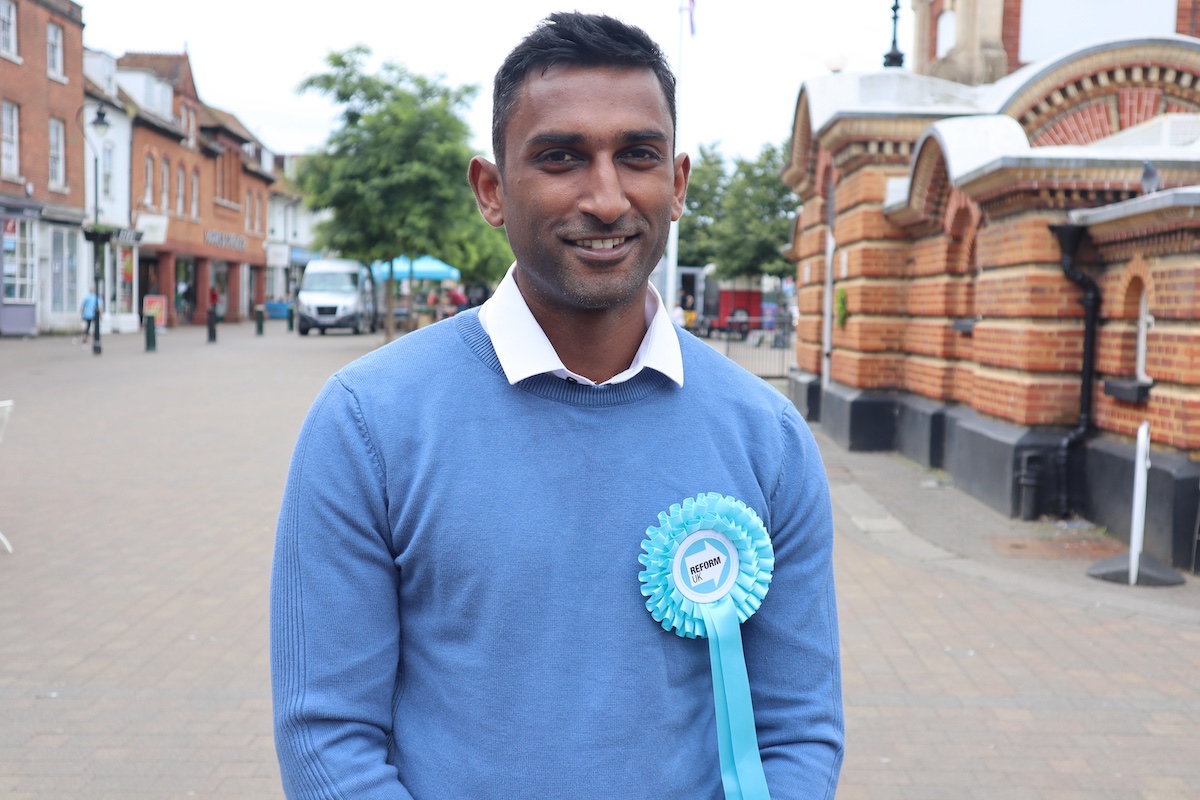With the 2024 UK General Election set to take place on July 4, more British Tamils than ever before have been named as candidates with a range of Britain’s political parties. The Tamil Guardian interviewed the candidates who are hoping to become one of the UK’s first-ever British Tamil parliamentarians.

Devina Paul, Labour Party
Candidate for Hamble Valley
Q. Tell us about yourself, your journey into politics, and the Labour Party?
So, I am definitely not from a political background. I am a physics graduate from the University of Surrey, qualified accountant and I have spent the last 15 years of my career building and growing technology businesses in the UK. I have probably had a very different career to most other Labour candidates, but in March 2020, the week before lockdown, I became a mum. In the midst of this isolation, coming in from my daily walk with my new born son for those daily briefings, friends and family ending up in hospital, some dying, watching the complete mismanagement of the covid crisis by the government, a switch flicked – surely as a country we must be able to do better than this, but it was a couple of years later that I started thinking, what do I have to offer, how can I help, why not me.
My father Deva Paul, an engineer and the cleverest man I have ever met, was born in Naranthanai, Kayts in 1942. He studied at St Patricks College in Jaffna and came to the UK in the 1960’s for further studies. To support his engineering studies he did nursing, and while working at a hospital in Teddington he met my mother (incidentally the smartest woman I have ever met), who is also Tamil, but from Mauritius. Mum had also come to the UK in the 1960’s at 19 years old, to become a nurse in our NHS – the well-trodden path of many from the former British colonies at that time through official recruitment drives, when UK unemployment was low and the NHS was one of the biggest employers, desperately seeking willing trainees from abroad.
Mum arrived in the UK on a January morning in the late sixties, in thick snow, wearing a sari! My father often recalled how cold his first winter was and how desperately he missed his family and the land of his birth, however after the Sinhala Only Act in 1956 and the Satyagraha movement, Sri Lanka was becoming an incredibly hostile place for its Tamil community and the opportunities of good jobs for Tamil people were practically non-existent. Between the long hours of studying and nursing, he was working too hard to dwell too much on this hardship or the overt racism he faced in the UK back then. He was lucky that even then, in the 60’s and 70’s, there was a burgeoning Tamil community, and he had a great network of friends who supported each other.
When he and my mum married, they settled in South West London, Tooting first and then Merton Park. They had 3 children, I’m their eldest. Our life growing up was simple but happy and my parents worked hard to give us a good life, for many years that meant them working 7 days a week.
At that time, news from Sri Lanka or Mauritius, was very limited. In those days there were no phone cards, Skype, Whatsapp or Facebook, not even the Tamil Guardian to keep us up to date. Phone calls were eye-wateringly expensive so we had to limit these to once or twice a year – Christmas and Easter.
My father loved the UK, but he was also an incredibly proud Tamil. With a deep love for his people and the culture of his birth. When the civil war first broke out in 1983, we got snippets on the news, but phone calls to family, especially his sister in Dehiwela were getting harder and harder. Like many Tamils in the UK at that time, my father felt completely helpless and total anguish for his family in Sri Lanka. For him, as a devout Catholic all his life, he believed in the importance of the power of prayer. He was involved in setting up the Tamil Chaplaincy in the UK and in 1988 he was one of the founders of the Tamil pilgrimage to Our Lady’s shrine in Walsingham, Norfolk. That July we took 3 coaches. One from Wimbledon, one from Catford and one from Harrow. Each year that followed it got bigger. To what it is now. Twice a year with thousands of Tamils, not just from the UK but Europe too. Praying for peace, justice and each other. My father continued to be heavily involved in this till his passing in 2012, and I am incredibly proud of the legacy he has left to our community for others to carry on.
It was him, an engineer in the GLC and my mother, a dedicated mental health nurse in our NHS till she retired, who taught me the value of hard work, integrity, service and kindness. These are values that have been part of my career to date and values I hope to bring to politics if I am elected.
And now I have my son. Playing my small part to ensure the world he and future generations inherit is a better place – that’s a huge inspiration for me to keep going on this path.

Q. Why do you want to be the next MP for your constituency?
Hamble Valley is a new constituency. Bringing in parts of the old Fareham and Eastleigh Constituencies as well as a bit of Meon Valley. It’s a beautiful part of the UK, with brilliant communities and vibrant businesses. Since my selection at the beginning of this year I have taken the time to get to know the area and local people, talking to them about their challenges. Everyone has been incredibly welcoming, but like the rest of the UK after 14 years, nobody feels better off. In fact, many people feel worse off. NHS waiting lists spiralling out of control, a cost-of-living crisis hitting everyone’s financial security, lack of investment in local infrastructure like roads and bus services and then the scandal of water companies dumping sewage in our waterways like the Hamble.
The people of Hamble Valley want change. Every day we speak to residents who are voting Labour on 4th July, many for the first time ever, exactly for that change.
I believe that it is a Labour government who can bring the real change we need, and it would be an absolute privilege to be elected as MP by the people of Hamble Valley, to be a strong voice for them in Westminster, in what will hopefully be a Labour government.
It’s also been a brilliant opportunity to get to know the Hampshire Tamil Community, who have been incredibly supportive of my campaign.
Labour has the best chance they have every had to win in the area, but there is still plenty of hard work to do!
Q. To date, very few British Tamils have run for office - why do you think that is?
Well, it’s taken me get to my forties, with a successful career under my belt, to even consider it. As I mentioned before, I don’t come from a political background, but politics was always discussed openly at home, since I was child, and my maternal grandfather, who died long before I was born, was a trade unionist in Mauritius, so perhaps politics has always been there, somewhere in my DNA.
But I think there are probably various reasons that few Tamils have stood for office, to date. For parents, like mine who came to the UK in the sixties, the main focus for their children was very traditional. They were determined that we would not have to struggle like they did. So as their children our job was to study hard, get good grades, go to university and then have a career in medicine, law or computer science. These are areas often viewed by that generation as stable, well paid and respected. I just don’t think UK politics was even on the list – especially as first-generation parents from that part of the world.
I think there is a nervousness, especially if you have fled from war, from a country where journalists disappear, that a life in politics is too dangerous to lift your head above the parapet for.
I also think there is something more generally around having permission. Feeling like you have permission to be in certain spaces isn’t an assumption many of us feel we can make, by virtue of say, being a certain social class or the colour of your skin. The political arena is definitely one of those spaces that many people feel is inaccessible and they don’t have permission to be there.
But it’s wonderful to see that’s changing. To have 4 women of Tamil heritage standing for Labour in this upcoming general election is something we can all be proud of. We also have many Tamil people in local politics, as councillors. To me, its further proof that wherever we go throughout the world, we always work hard to give back to the communities we call home.
There are so many wonderful examples of the Tamil Diaspora excelling in the UK. Leaders in our NHS, beacons of arts and culture and now politics.
Q. There are lots of issues British Tamils care about, including both domestic and foreign policy. Several UN reports and Labour Party leader Keir Starmer have called for Sri Lanka to be referred to the International Criminal Court (ICC). What tangible steps would you take to ensure Sri Lanka is taken to the ICC?
The Labour party has always stood shoulder to shoulder with Sri Lankan Tamils in the struggle for peace recognition and justice. Labour politicians including leader Keir Starmer, Siobhan McDonagh, Stephen Timms, David Lammy our future Foreign Secretary and many others have been very vocal about the lack of justice and accountability for the appalling crimes committed during the war and the suffering many Tamils are still enduring. This is in no small part down to the commitment of Tamil leaders in the UK to ensure this conversation remains alive and has cross-party support.
In last month’s Tamil Genocide Remembrance Day in Parliament, it was incredibly encouraging to hear Wes Streeting saying on behalf of Keir Starmer and David Lammy that this accountability will form a part of key foreign policy priorities, should there be a Labour Government. That there was a strong determination in the Labour party that this does not slip off the agenda. He also emphasised the importance that individuals are held to account through the ICC and that those referrals are made.
The Labour party believes that whilst the assessment methods and mechanisms do exist to refer Sri Lanka to the ICC, there has to date, been a lack of willing to move this forward. Its therefore incredibly heartening, that after so long on the backburner, if we do get into power, that justice for Tamils will be back on the agenda with the backing of the government. If I am elected, I will join these other strong voices in calling for justice, and work with the government to push for the truth, justice and accountability required for real peace for the Tamil people and the whole of Sri Lanka.
Key to this will be the plan of improvement of Diplomatic relations globally that the Labour party intend to undertake.
Q. Canada’s parliament has recognised May 18 as Tamil Genocide Remembrance Day. How would you push for recognition of the Tamil genocide in the UK?
I was privileged to join the Mullivaikal Remembrance event at Trafalgar Square last month. It was an incredibly moving event. A stark reminder of suffering endured and of the raw pain many of the Tamil diaspora still carry with them today. In fact, it brought back memories of my journey to the north of Sri Lanka with my father in 2003. As well as its natural beauty, I saw first-hand the shocking scale of destruction and how tough day to day life was for Tamils, even before 2009.
Recognition of Tamil Genocide Remembrance Day is an important issue for the whole community and something I would support and encourage wider party and cross party support too.
Q. Sri Lankan war criminals are yet to be sanctioned in the UK, but have been in Canada and the United States. What steps would you take to ensure that they are?
It is vitally important that we use the mechanisms available to hold perpetrators of war crimes to full account. The aberration of war crimes must never be excused.
Q. In the long run, tackling the underlying issues on the island are key. Starmer and other senior British leaders have spoken on Tamil self-determination in the past. How would you go about ensuring that the right to self-determination is exercised? Last month, a US Congress resolution, which has support from both Republicans and Democrats, was introduced calling for a peaceful and democratic solution through an independence referendum. Would you support a similar push for that from the UK?
Yes I would definitely support something similar if we have the appropriate mechanisms to do this in the UK. I understand how important Tamil self-determination is.
Q. Looking domestically - Tamil asylum seekers are still facing deportation, from the UK and territories such as Diego Garcia. How would you ensure that Tamils fleeing persecution are not deported back to danger in Sri Lanka?
The UK has always given safety to genuine asylum seekers who are fleeing torture, persecution and fear of death and that must not change
I have been following this group since they were stranded off the shores of Deigo Garcia, their stories of rape and suicide attempts have been harrowing to read.
Our immigration system has been completely broken by the current government. With a backlog of over 50,000 people waiting to be processed. Whilst we do need immigration, the situation at present is untenable and needs to be fixed. Labour has plan to clear the backlog, stop the use of hotels and address the root cause - criminal people smugglers.
What seems to have been forgotten is that we are dealing with human beings who all deserve to be treated with dignity, not used as pawns for a bogus Rwanda scheme that is not working and will make no difference given the tiny numbers involved.
Q. Thousands of British Tamils work in the NHS. In your opinion, what are the causes behind so many of the issues it faces and how will a Labour government fix them?
My mother and father and many of their friends, from across the Commonwealth are a strong part of the foundations our NHS was built on and their contribution must never be forgotten. But now after 14 years of cuts and severe underfunding through the government’s austerity regime, our NHS, what was once part of our sense of national pride, is on its knees. Severe lack of GP appointments, NHS waiting lists spiralling out of control, dentistry deserts, our NHS staff overworked and exhausted holding everything together. This is absolutely unacceptable, especially after the sacrifices made by so many during the pandemic. Labour has a clear, fully costed plan, with 40,000 more appointments in evenings and weekends, state of the art scanners in local hospitals, encouraging NHS trusts to work together to clear the huge backlogs we have as well as more mental health resources.
Q. It will also be important for us to get back round the table with the junior doctors to agree terms of pay. The economy has been faltering with soaring inflation and a cost of living crisis. How would a Labour -led government help fix it?
Look, we know this is not going to be an easy fix. After 14 years of austerity, mismanagement of Brexit and the pandemic and then a disastrous mini budget that sent mortgage rates soaring affecting so many home- owners and renters. Our economy needs stability first. As someone who has spent the last 15 years of my career in business, I see that clearly under the current government, no one wants to make big decisions on job creation or research and development because they have no faith in this current government and what destabilising policy they may introduce next. Under the stewardship of Rachel Reeves , if Labour are elected our first job is to stabilise the UK economy with strong fiscal rules, so people can have faith in it for decision making and to bring in the investment we so desperately need.
Our new towns scheme will bring in much needed affordable, good quality housing, with proper infrastructure in place. Great British Energy will not only provide green energy and new green jobs but will also bring our energy bills down. We will seek to renegotiate a veterinary agreement with the EU to prevent unnecessary boarder checks and help tackle the high cost of food and help parents with young children struggling to afford extortionate childcare costs with additional childcare costs.
With these and some of our other policies we are looking to give people some respite from the cost-of-living crisis and bring back their sense of financial security.
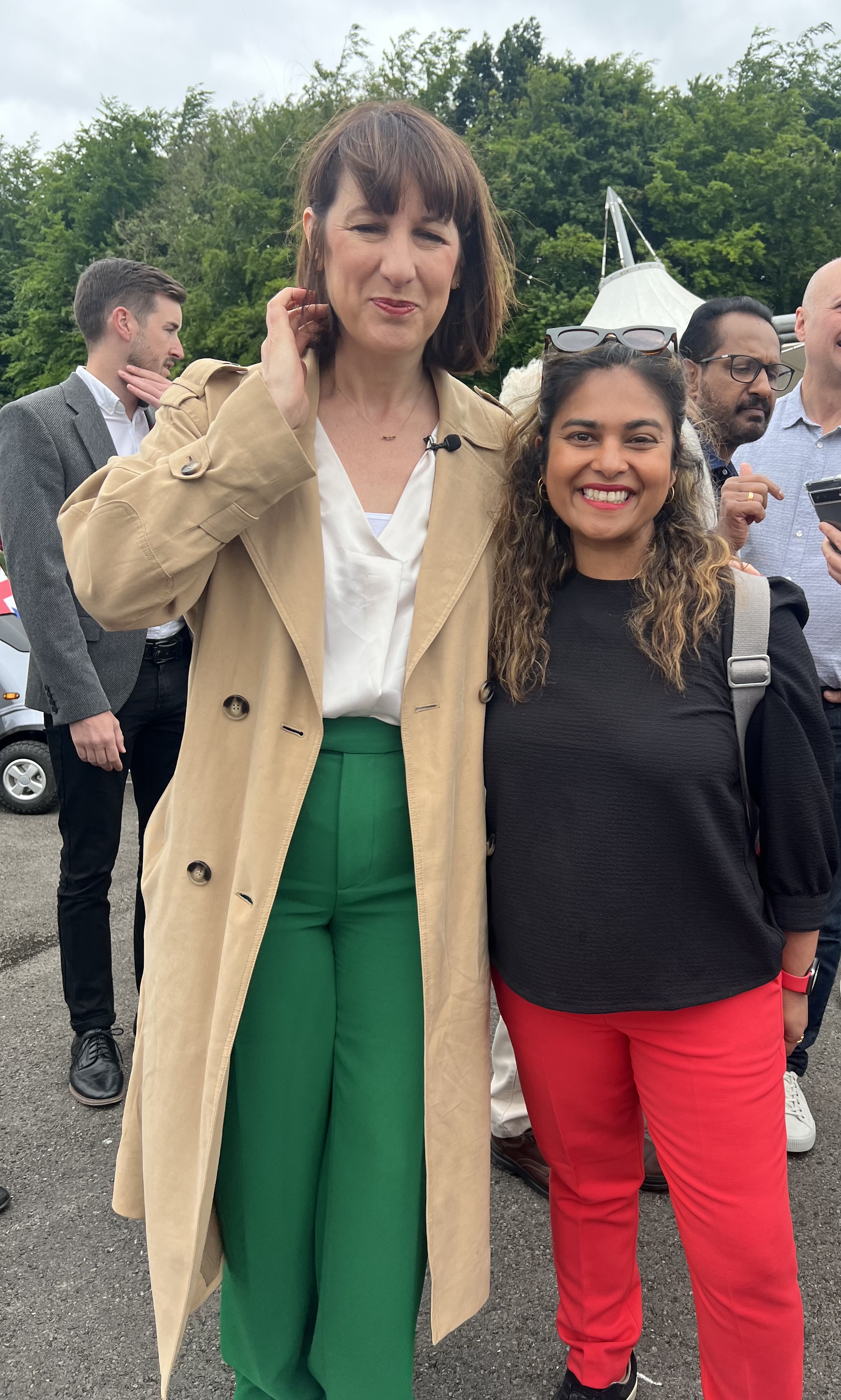
Q. What would be your message to young British Tamils looking to get involved in politics?
If you want to do it, go for it. For some MP’s it took 2, 3, 4, even more times to be elected. So it’s not necessarily an easy path. But seize every opportunity that comes your way with both hands.
I don’t know much about other parties but from a Labour perspective, there is help out there to help you understand the lay of the land – I had no idea about how any of this worked a few years ago, so it has been a real baptism of fire, and I am learning really fast, but I love it. Especially knocking on doors and speaking to people. Understanding what’s going on in the community is so important. So many people want to be heard and they are happy that someone is willing to listen
First step is, become a member of the party, go to local meetings and meet other local members. It can be daunting at first, but there is always so much to do they will honestly be glad of another pair of extra hands. And they are good fun.
Another important part of my personal journey was joining the Fabian Society and being accepted onto their program for women in political and public life, last year. That program has been transformational for me and without doubt got me here today.
Never forget the power of the Tamil community. I remember on my flight to Jaffna in 2003, my father met a teacher who needed help. I was young and dubious, but I will never forget his words to me. “We have to help her, Devina. That is just what Tamil people do. We help each other”. Its only now really understand what he meant. I have been overwhelmed by the support from the community.
Finally have good people around you. Some days can be tough, but having people around you who care about you, strong bonds with family or friends, is invaluable. I am lucky I have my amazing mum, who supports me with childcare during campaigning, dinner for when I am back and always a listening ear. I could not do any of this without her.
Q. And a final message to British Tamils who will be heading to the ballot boxes on July 4th?
Sometimes I hear on the doorstep “what’s the point, my vote doesn’t even matter”. Every vote matters. Your vote really does count, especially this time when we have a chance for real change. With a Labour Government, you will get a party that has always been incredibly supportive and vocal in its support the Tamil struggle for justice and peace in Sri Lanka from the leadership through to grass roots MP’s. But the real change that can come from a Labour Government, will only come if people get to the ballot box and vote for it.
And, to the Tamil Community who have supported my campaign to date, there are not enough words to express my sincere gratitude to you, so I will just say a very humble Thank you.






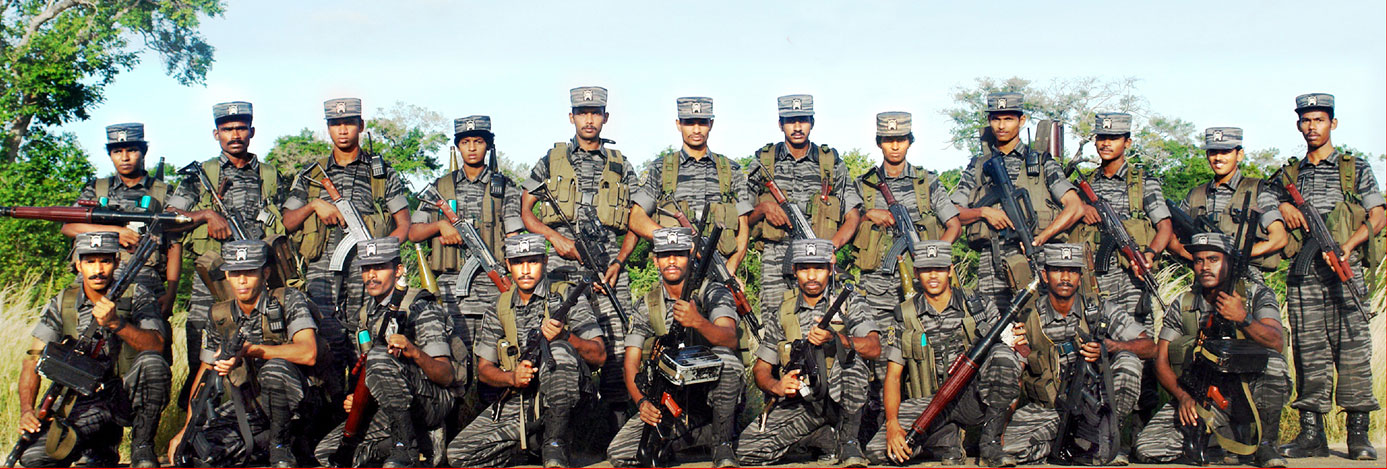
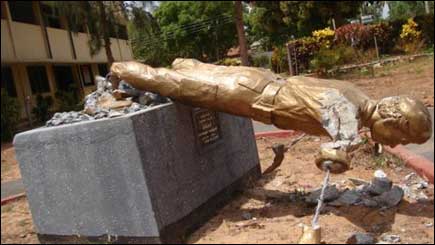
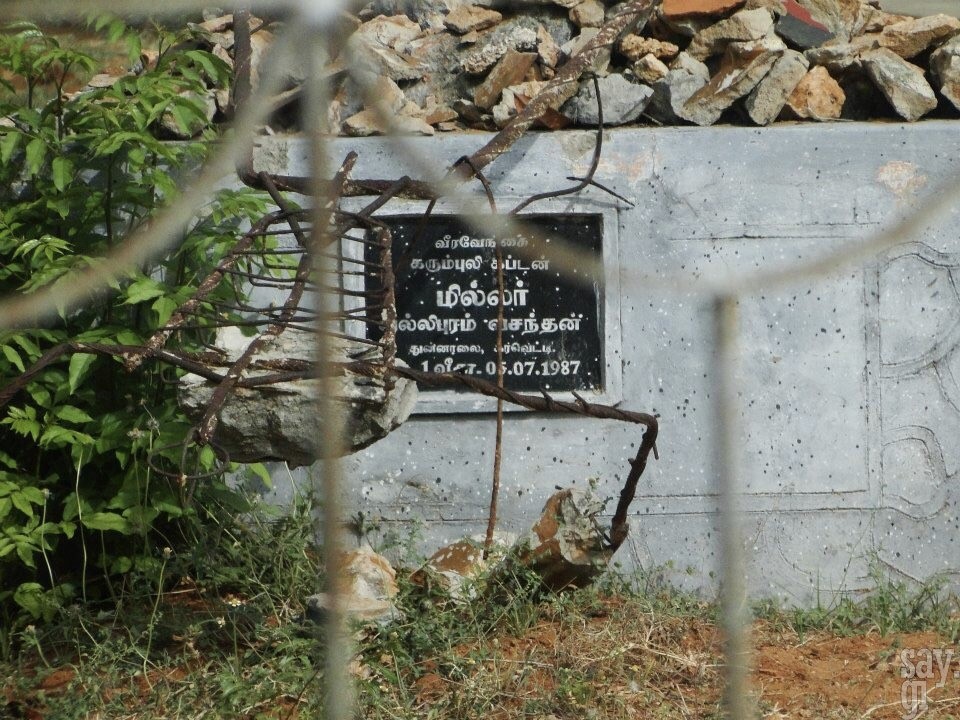
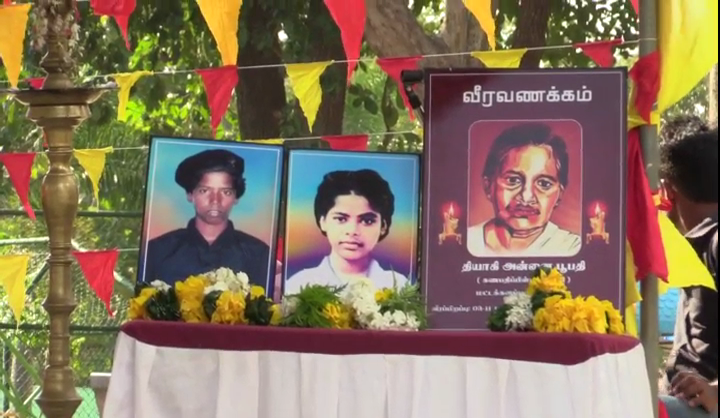
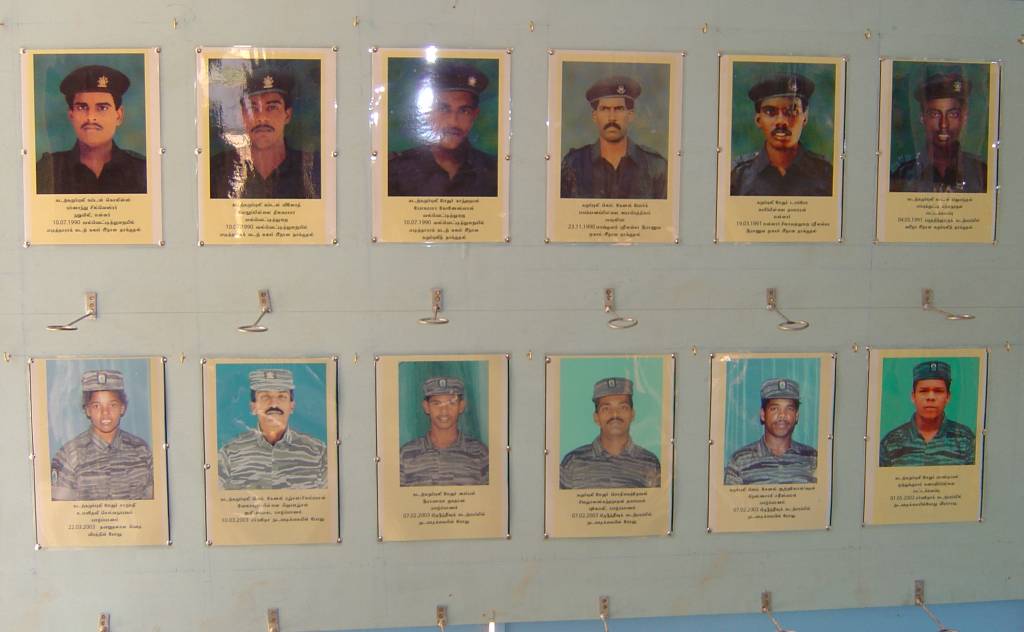
.jpeg)

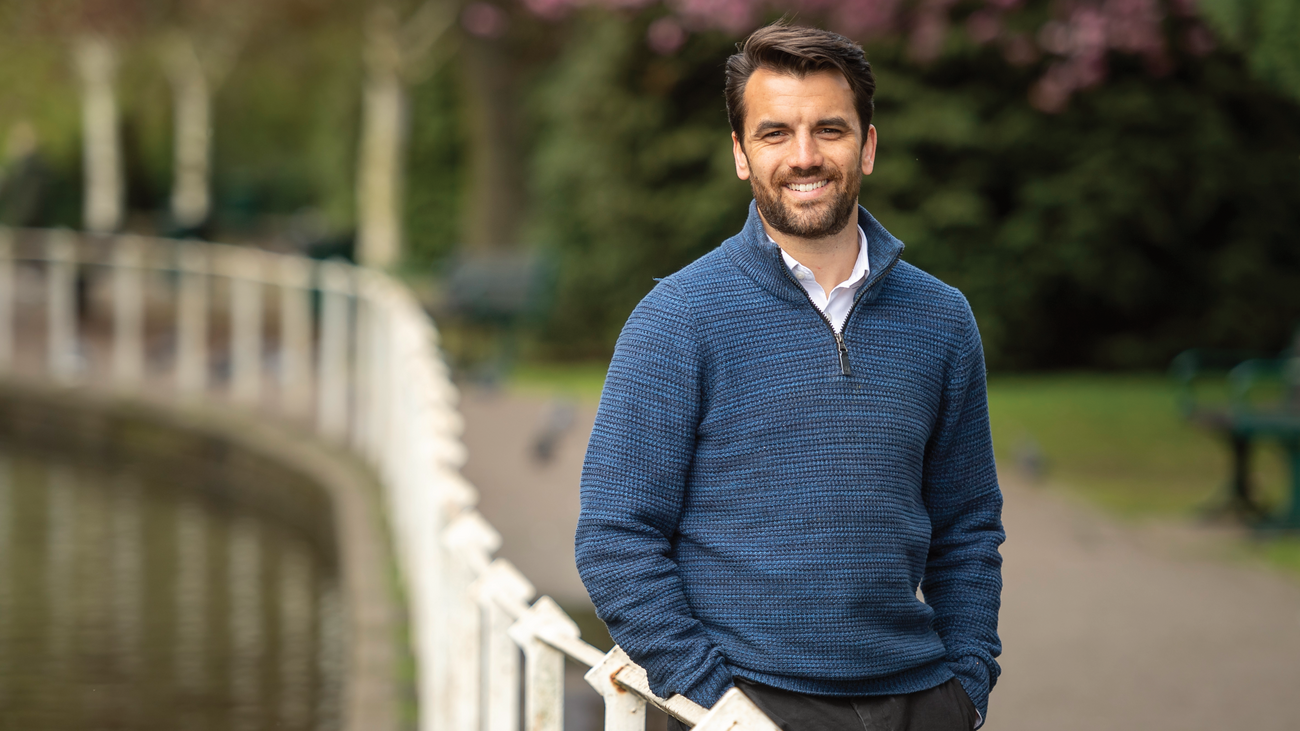

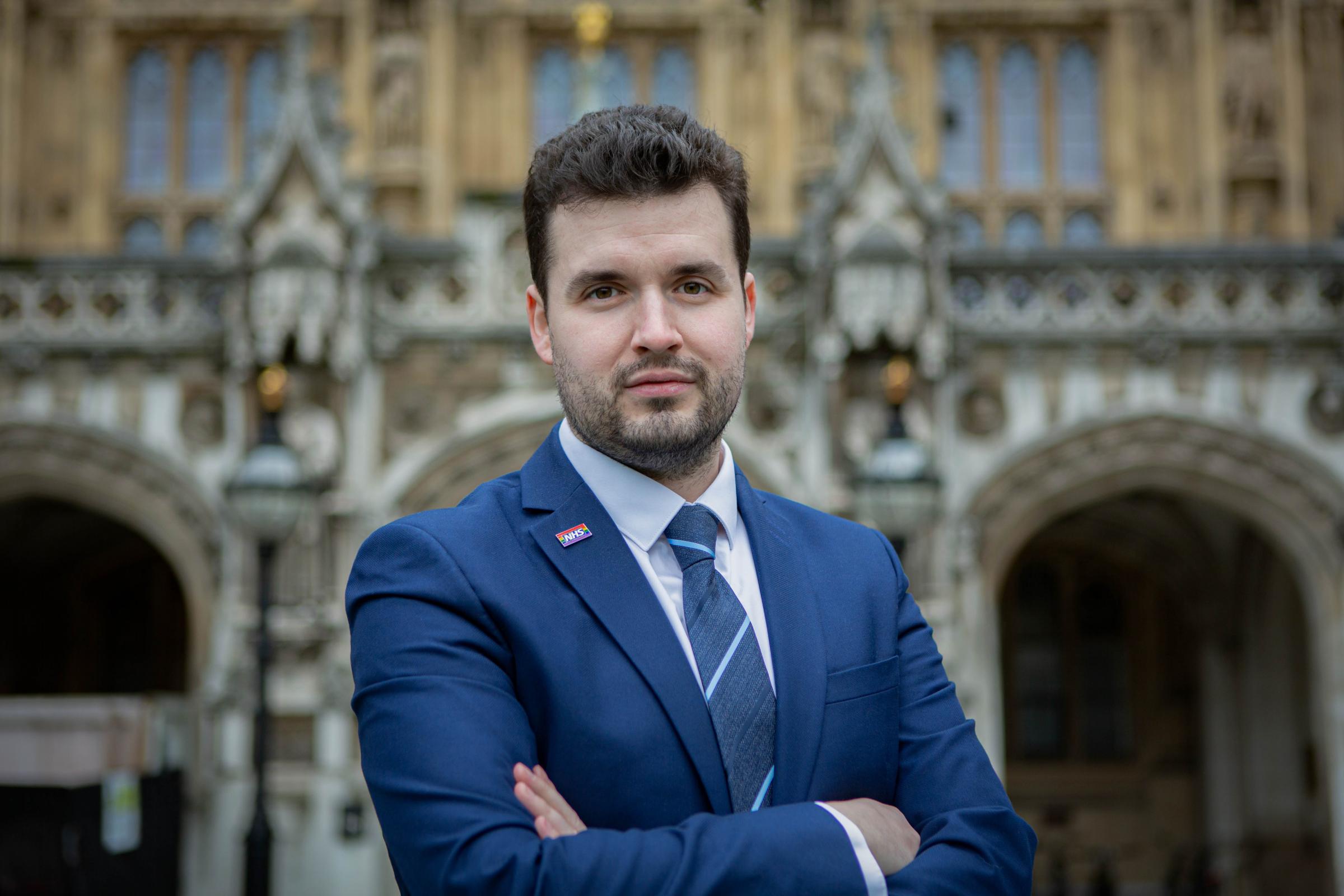

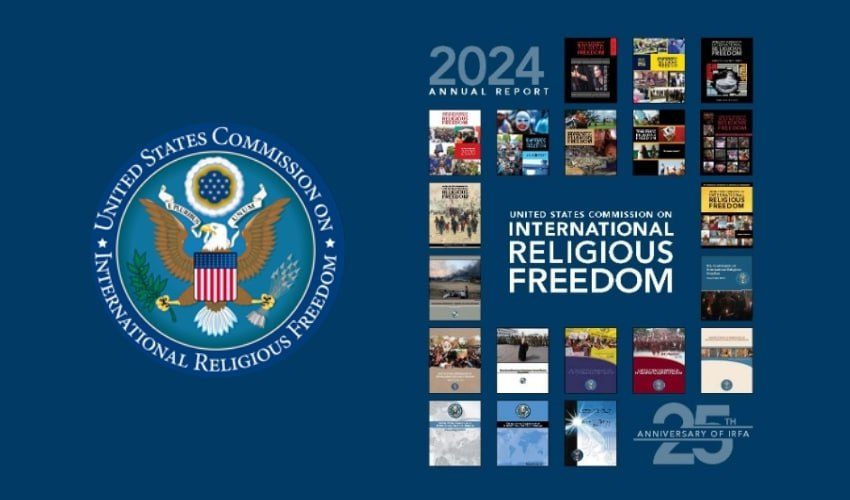

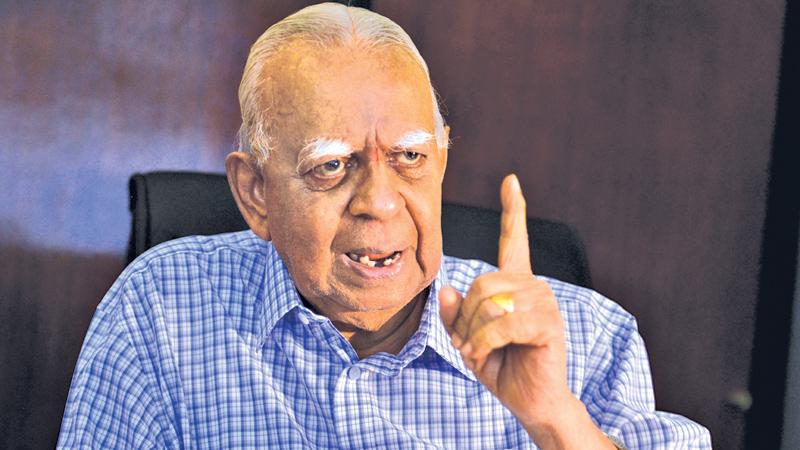

.jpeg)
.jpeg)
.jpeg)
.jpeg)
.jpeg)






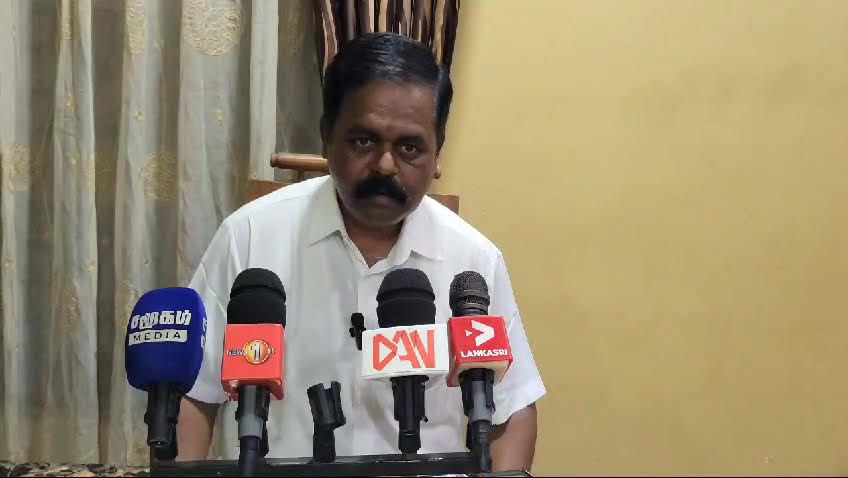

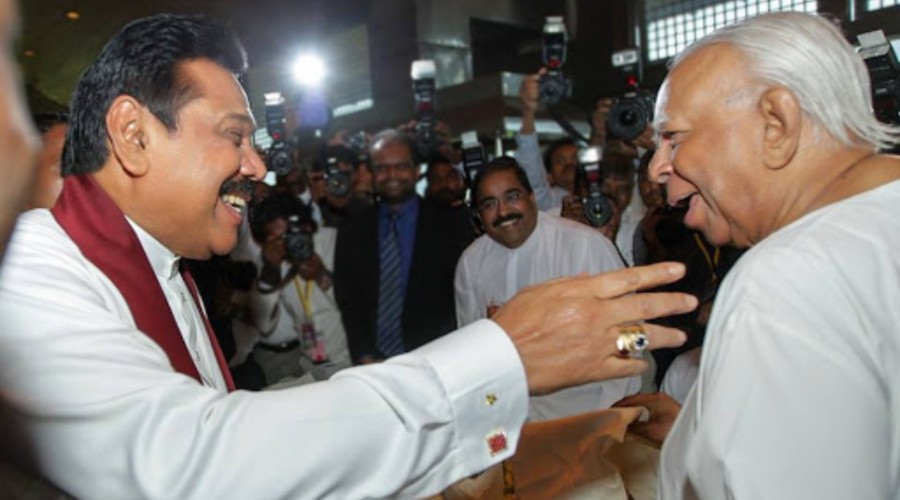
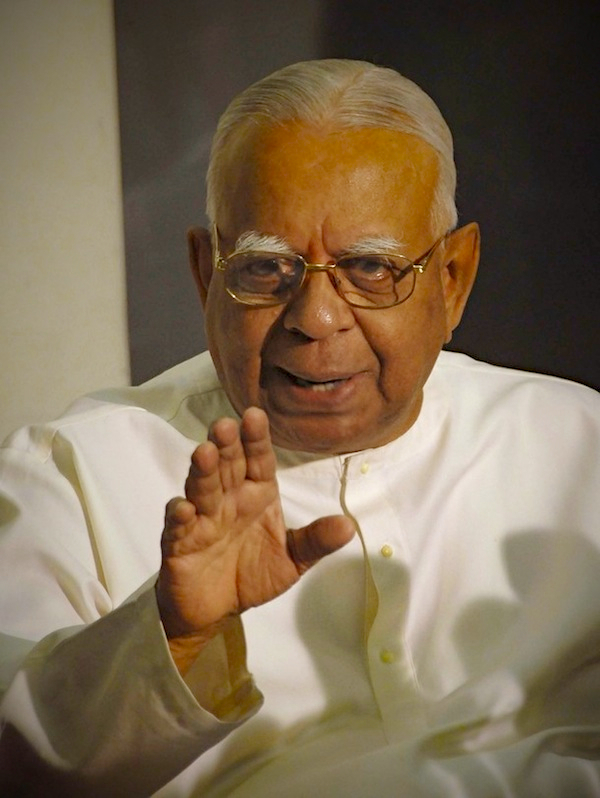
.jpg)
.jpg)
.jpg)

